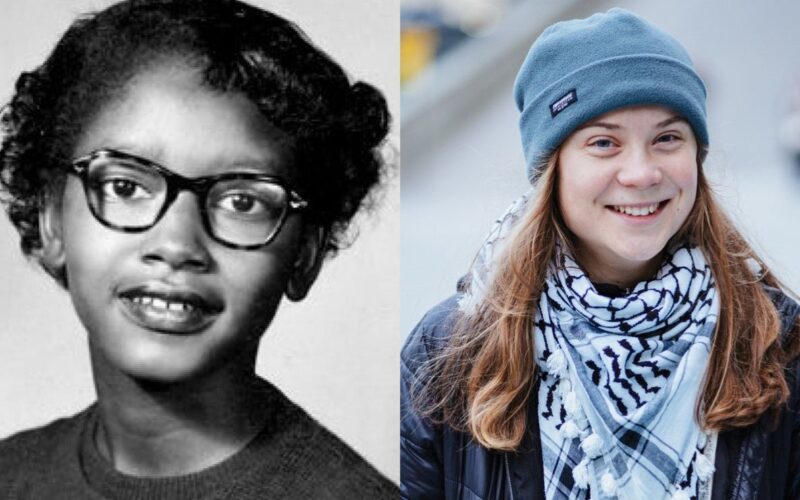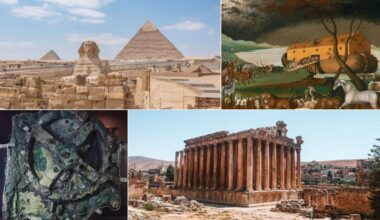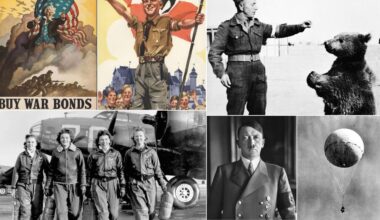History isn’t shaped solely by seasoned generals or elder statesmen. Its most electrifying chapters often blaze with the defiant courage of teenagers who refused silence. They saw injustice, grasped its monstrous weight, and acted with astonishing conviction. While peers navigated adolescence, these icons commanded armies, ignited movements, stared down tyrants, and shattered oppressive systems. Their weapons weren’t granted; they were forged in raw belief and unyielding action, pens, protests, sheer will. Forget waiting for permission. Their lives scream a single truth: youth isn’t preparation for change; it is change’s most potent fuel. Let their fire ignite yours.
1. Joan of Arc (c. 1412-1431)
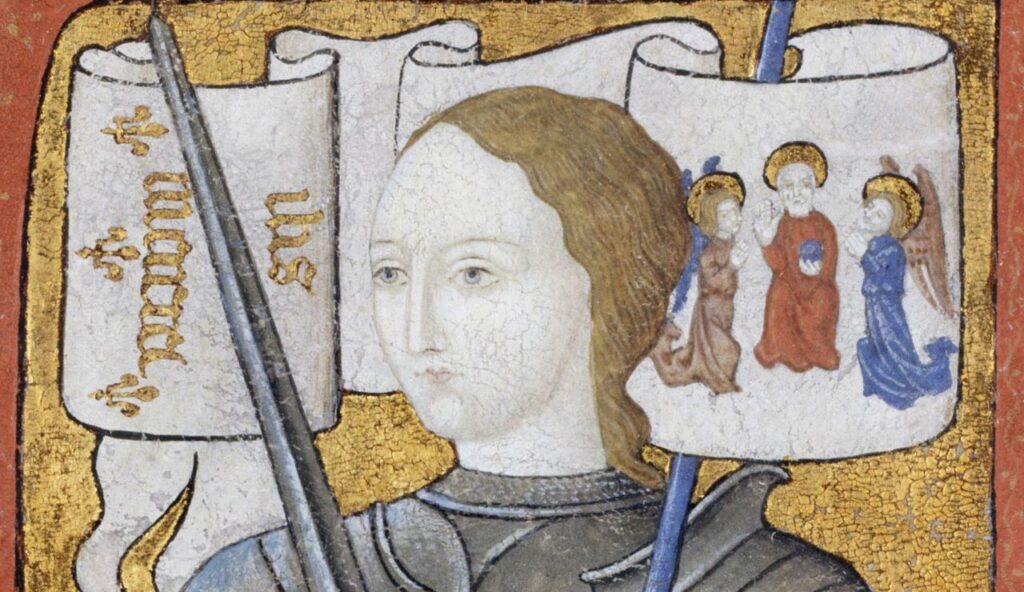
An illiterate seventeen-year-old peasant girl, guided by fierce conviction in divine voices, marched into the court of the disinherited French Dauphin. She demanded command of troops against the invading English. Against staggering disbelief, she won. Donning armor she reportedly helped design, Joan broke the suffocating siege of Orléans in 1429, a pivotal reversal in the Hundred Years’ War. Her audacity proves that background, gender, or age impose no true limit. Conviction and strategic action shatter expectations and move mountains. Authority is seized through undeniable purpose, never merely bestowed by title or tradition. Her fiery legacy burns away excuses.
2. Claudette Colvin (b. 1939)
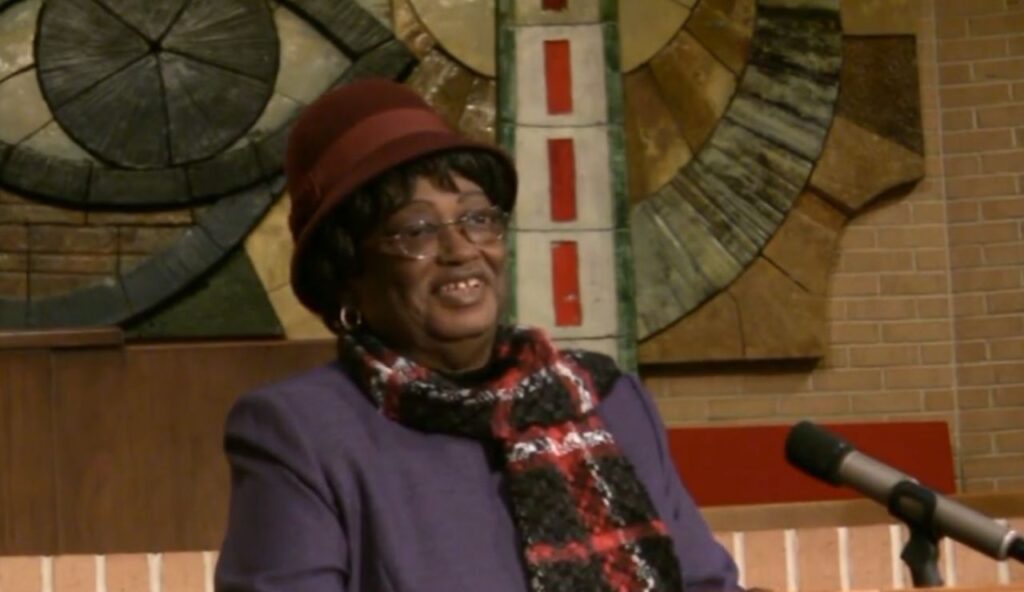
Nine months before Rosa Parks’ defining act, fifteen-year-old Claudette Colvin boarded a Montgomery bus. Fresh from studying constitutional amendments in her segregated school, she consciously absorbed the injustice surrounding her. When ordered to surrender her seat to a white woman, Colvin refused, citing her rights. Police brutally manhandled and arrested the teenager. Her defiant stand, rooted in nascent legal understanding and moral clarity, made her a crucial plaintiff in Browder v. Gayle. This case successfully dismantled bus segregation laws. Colvin teaches that righteous defiance needs no committee approval or perfect timing. Courage is often a solitary spark igniting the larger flame; the morally correct stand demands action now.
3. Anne Frank (1929-1945)
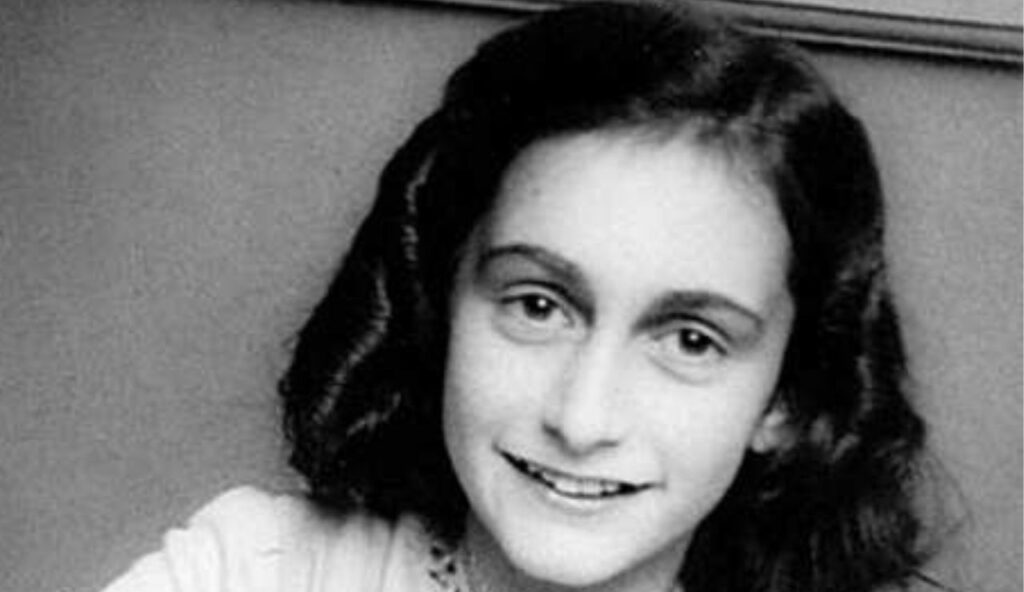
Confined within a hidden Amsterdam annex for over two years starting at age thirteen, Anne Frank faced unimaginable terror. Nazi boots echoed outside her fragile sanctuary. Yet, within those claustrophobic walls, she wielded her pen as a weapon against oblivion. Her diary became an astonishing chronicle of fear, burgeoning adolescence, piercing intellect, and profound observations on human nature amidst barbarity. Her words transformed into a universal testament against the Holocaust’s dehumanizing horror. Anne proves resistance thrives in the everyday act of bearing witness. Your voice, perspective, and unbroken spirit are potent forces against erasure. Documenting truth and nurturing hope are revolutionary acts; authentic words possess immortality, outlasting any regime’s walls.
4. Louis Braille (1809-1852)
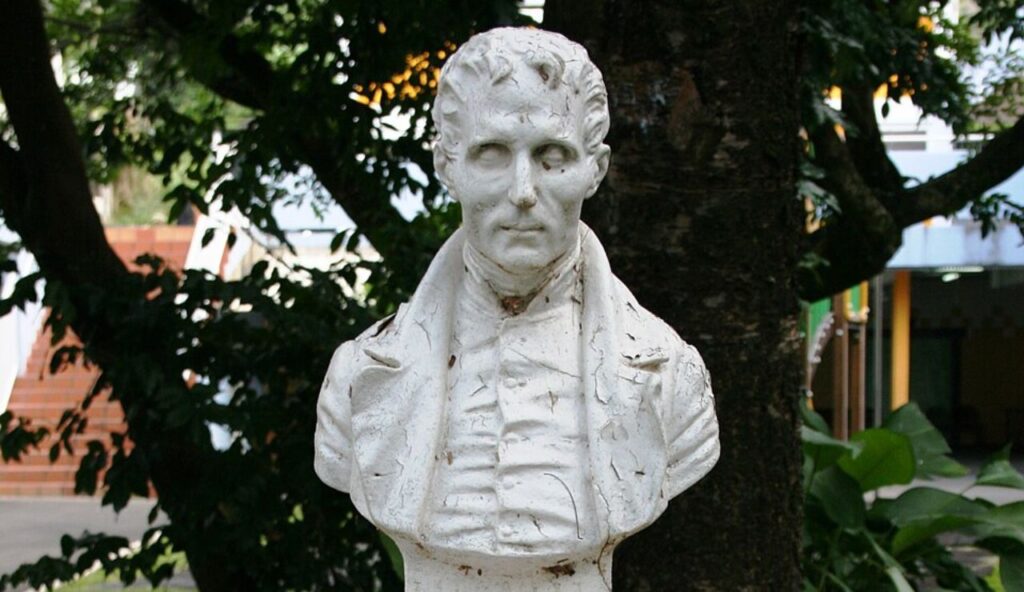
Blinded in a tragic childhood accident, Louis Braille confronted a world designed for the sighted. Existing tactile reading systems were cumbersome, impractical failures. At fifteen, driven by personal frustration and intellectual hunger, he encountered Charles Barbier’s complex military “night writing” code. Louis saw potential. He radically simplified and refined it. By sixteen, he had essentially perfected the elegant, efficient system of six raised dots that bears his name. Braille transformed global literacy for the blind, unlocking knowledge and independence. His genius teaches that solving your own immediate, visceral problem can yield universal liberation. Personal necessity breeds world-changing innovation; refuse limitations and craft the tools you need while others will follow.
5. Nkosi Johnson (1989-2001)
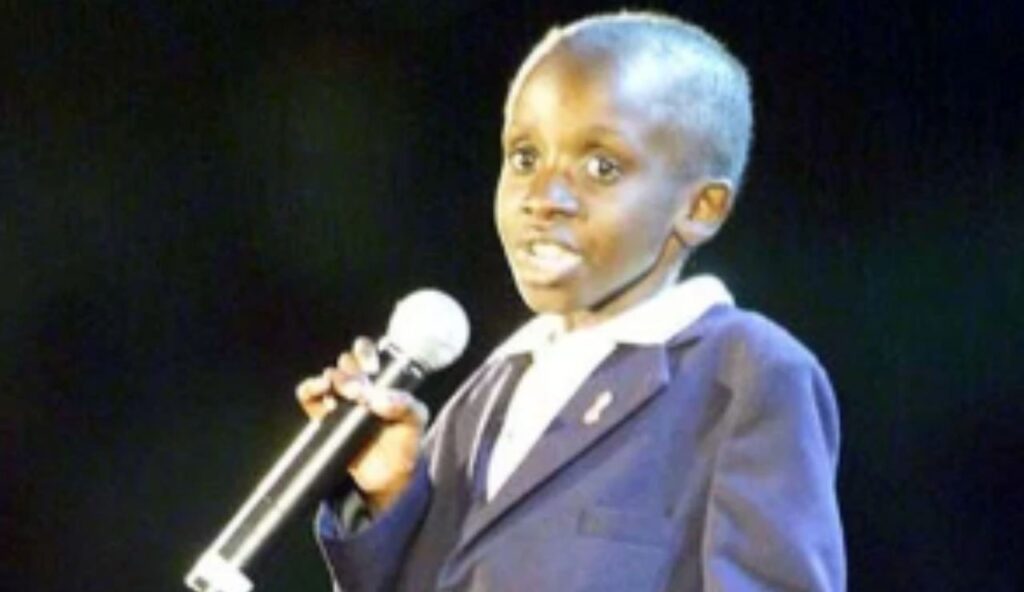
Born HIV-positive in South Africa, Nkosi Johnson embodied the devastating African AIDS crisis. Adopted after his mother’s death, he became a global symbol of resilience. At eleven, frail yet radiating fierce dignity, he delivered an electrifying speech at the 2000 International AIDS Conference in Durban. His simple, devastating plea “Care for us and accept us” shattered the suffocating stigma surrounding HIV/AIDS, demanding treatment and compassion for mothers and children. His vulnerability, articulated with breathtaking courage, cut through prejudice and apathy. Nkosi demonstrates that speaking your deepest truth, however painful, possesses unmatched power. Personal experience, voiced with fearless honesty, compels empathy and ignites collective action like nothing else.
6. Malala Yousafzai (b. 1997)
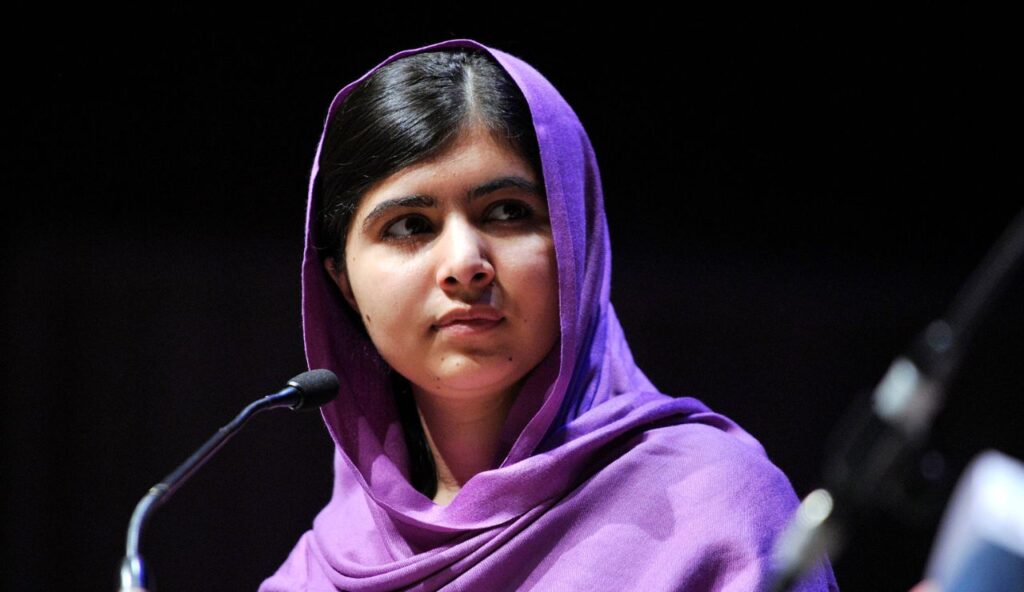
Malala Yousafzai’s childhood in Pakistan’s Swat Valley was shattered when the Taliban seized control, banning girls’ education. At eleven, using a pseudonym, she began blogging for BBC Urdu, detailing the suffocating reality under militant rules fear, the closed schools, the stolen futures. Her voice grew louder, advocating fiercely for every girl’s right to learn. This defiance made her a target. At fifteen, a Taliban gunman shot her in the head on her school bus. Surviving, Malala transformed her trauma into a global crusade, becoming the youngest Nobel laureate. Her life screams that education is the ultimate rebellion against oppression. Defending the fundamental right to learn, especially for the marginalized, is fighting for the future itself. Resilience is forged in fire.
7. Greta Thunberg (b. 2003)

Fifteen-year-old Greta Thunberg saw the accelerating climate catastrophe and the staggering inaction of world leaders. She refused passive hope. In August 2018, she started skipping school every Friday. She sat alone outside the Swedish parliament, her hand-painted sign declaring “Skolstrejk för klimatet” (School Strike for Climate). Her message was uncompromising, grounded in irrefutable science: listen to the experts, act now. This solitary protest, radiating moral clarity and urgent fury, detonated globally. It sparked the Fridays for Future movement, mobilizing millions of young people worldwide. Greta proves that one unwavering voice can rupture decades of complacent silence. Start where you stand, use what you have, and refuse to let those in power off the hook for stealing your future.
8. Sybil Ludington (1761-1839)
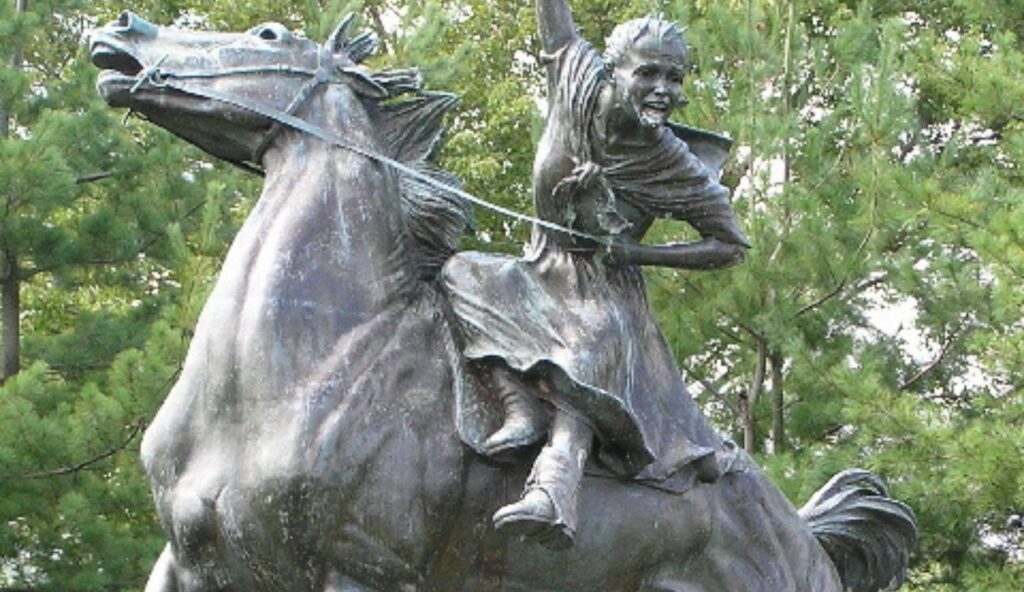
On a storm-lashed April night in 1777, sixteen-year-old Sybil Ludington received urgent news. British troops were raiding Danbury, Connecticut, perilously close to her home. Her father, a Patriot colonel, needed his militia rallied immediately. With no hesitation, Sybil mounted her horse and plunged into the darkness. She rode a grueling, rain-sodden forty-plus miles nearly double Paul Revere’s famous distance through treacherous, Loyalist-patrolled territory in New York and Connecticut. Alerting sleeping militiamen house by house, she successfully gathered forces that helped blunt the British advance. Sybil teaches that essential courage often operates without fanfare or guaranteed recognition. Duty demands action, not applause. Step up when needed; physical bravery and endurance in service of a cause are timeless, vital forces.
9. Sophie Scholl (1921-1943)
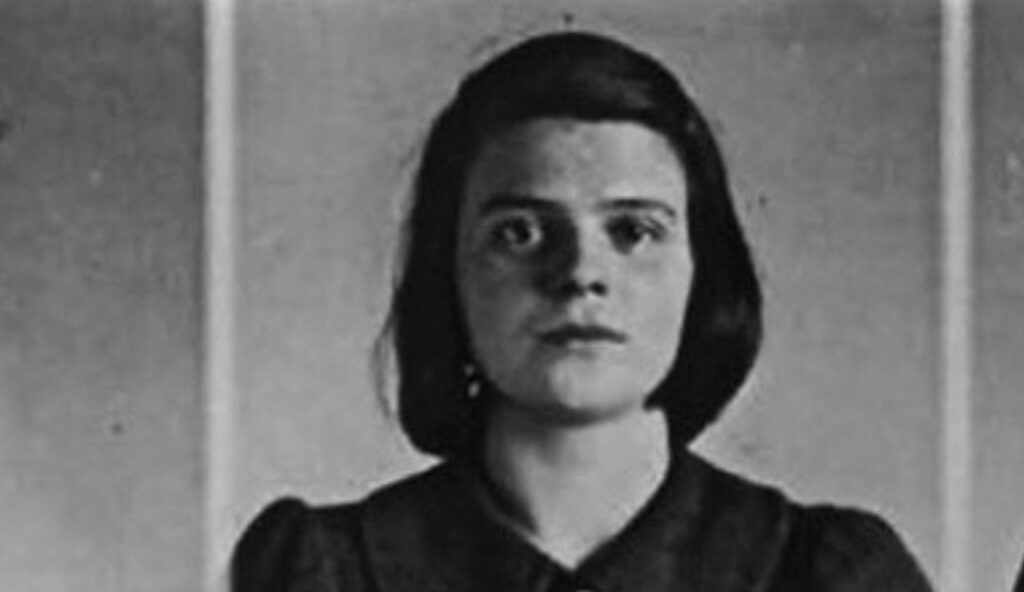
At Munich University, Sophie Scholl and her brother Hans formed the core of the White Rose, a small, brave student resistance group. From age twenty, Sophie co-authored powerful anti Nazi leaflets. She meticulously distributed them across the city, urging passive resistance against Hitler’s murderous regime, exposing its lies and atrocities. Her weapon was intellectual courage: truth against propaganda. In February 1943, at twenty-one, she was caught scattering leaflets in the university atrium. Facing brutal Gestapo interrogation, a sham trial, and the guillotine, Sophie remained defiant. Her final words: “How can we expect righteousness to prevail when there is hardly anyone willing to give himself up individually to a righteous cause?” Speak truth to power, whatever the cost. Your conscience is the ultimate authority.
10. Iqbal Masih (1983-1995)
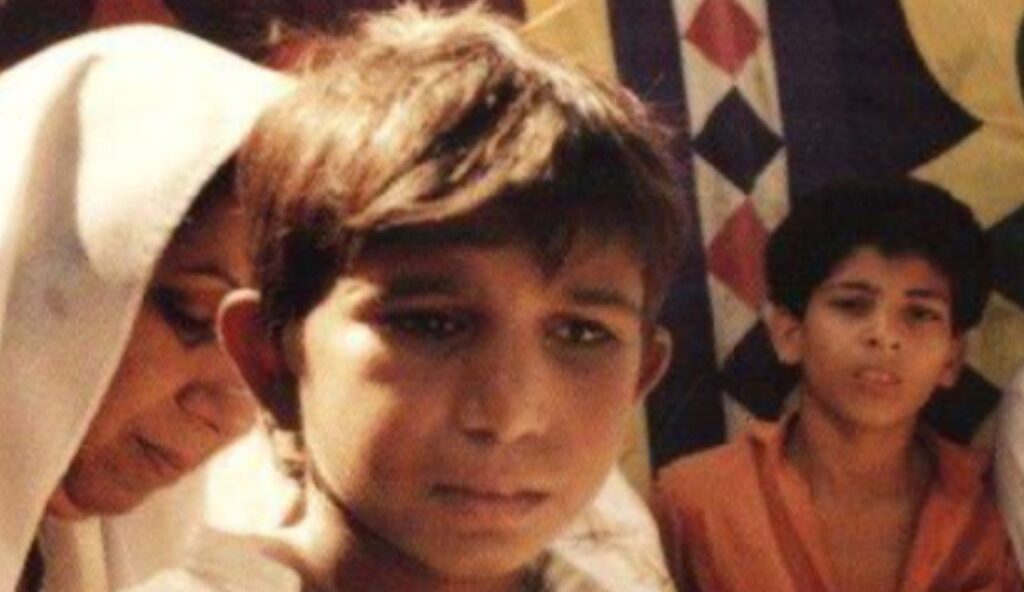
Enslaved in a brutal Pakistani carpet factory from age four, Iqbal Masih endured years of chains, beatings, and stifling loom dust. He escaped at ten, finding refuge with activists from the Bonded Labour Liberation Front. Iqbal didn’t just seek safety; he became a fearless campaigner. He spoke internationally with devastating clarity about the horrors of child labor. He led raids to free enslaved children. His powerful testimony shamed the global carpet industry, significantly reducing demand for “carpets of blood.” Tragically assassinated at twelve, Iqbal’s legacy roars: breaking your own chains is only the first act. True rebellion means shattering the system for others. Use your freedom to fight for those still trapped; expose exploitation relentlessly. One voice can dismantle entire industries of oppression.
